Effect Of Climate Change On Earth

Climate change is a complex and far-reaching phenomenon caused by human activities and natural processes, and it has profound effects on Earth’s environment, ecosystems, and human societies. Over the past century, the planet has experienced significant shifts in climate patterns, leading to a wide range of Effect Of Climate Change On Earth.
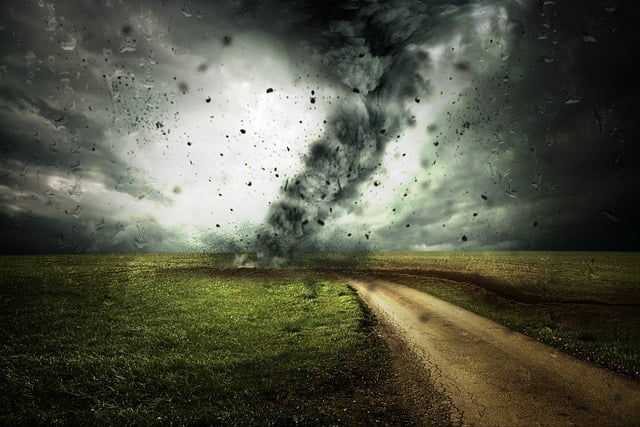
In this essay, we will explore the effect of climate change on Earth, covering various aspects such as temperature rise, extreme weather events, sea-level rise, ecosystem disruptions, and societal implications.
Temperature Rise and Heatwaves
One of the most evident effects of climate change is the rise in global temperatures. The burning of fossil fuels, deforestation, and other human activities release greenhouse gases into the atmosphere, which trap heat and lead to the warming of the planet. As a result, the Earth’s average surface temperature has been increasing steadily.

Heatwaves have become more frequent, intense, and prolonged in many regions around the world. These extreme heat events pose significant risks to human health. Additionally, high temperatures can stress ecosystems, lead to droughts, and exacerbate water scarcity issues.
Extreme Weather Events
Climate change is contributing to an increase in the frequency and intensity of extreme weather events. Hurricanes, cyclones, typhoons, and tropical storms are becoming more powerful, leading to more destructive storm surges, flooding, and wind damage. Intense rainfall events can trigger flash floods and landslides in vulnerable regions.
Read More: Therapy in Nature: 8 Mental Health Benefits of Nature Exposure
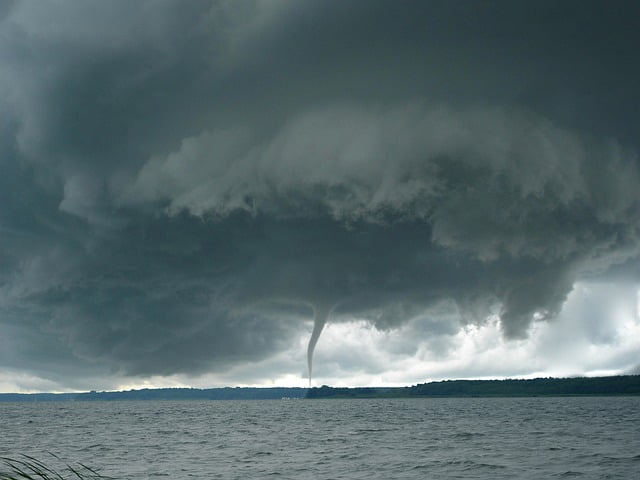
On the other hand, prolonged droughts are becoming more common in some areas, negatively impacting agriculture, water resources, and ecosystems. These extreme weather events often result in significant economic losses, infrastructural damages, and loss of human lives.
Sea-Level Rise and Coastal Erosion
The warming climate is causing the polar ice caps and glaciers to melt at an accelerated rate. This meltwater is contributing to rising sea levels, posing a severe threat to low-lying coastal areas and island nations. Sea-level rise can lead to the inundation of coastal habitats, increased coastal erosion, and the loss of fertile land and freshwater sources.

Small island nations and coastal communities are at particular risk of displacement and forced migration due to sea-level rise. Additionally, saltwater intrusion into freshwater sources can contaminate drinking water supplies and agricultural lands, further exacerbating the challenges faced by affected communities.
Read More: 10 Importance of Animals in Our Life
Ocean Acidification and Coral Bleaching
The absorption of excess carbon dioxide (CO2) by the ocean is not only causing sea surface temperatures to rise but also leading to ocean acidification. Elevated CO2 levels lower the pH of seawater, making it more acidic. This phenomenon poses a grave threat to marine ecosystems, particularly coral reefs.

Coral reefs, which are biodiversity hotspots and essential marine habitats, are highly sensitive to even slight changes in water temperature and acidity. As the oceans warm, coral bleaching events become more frequent, leading to the death and degradation of coral reefs. The loss of coral reefs disrupts marine food chains, reduces fish populations, and threatens the livelihoods of millions of people who depend on reef ecosystems for sustenance and income.
Biodiversity Loss and Habitat Disruption
Climate change is altering the distribution and behavior of plant and animal species around the world. Some species are migrating to cooler regions or higher elevations to escape warming temperatures, while others face challenges in adapting to the rapidly changing conditions. This can lead to imbalances in ecosystems, impacting predator-prey relationships and competition for resources.
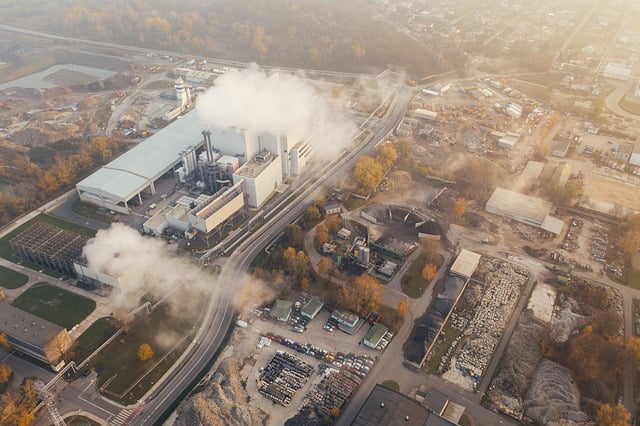
Many species may face extinction if they are unable to adapt quickly enough to the changing climate. Biodiversity loss can have cascading effects on ecosystems and can even affect human societies that rely on diverse ecosystems for ecosystem services, such as pollination, water purification, and climate regulation.
Read More: Top 7 Natural Wonders Of The World
Impact on Agriculture and Food Security
Climate change is already affecting global agriculture and food production. Changes in temperature and rainfall patterns are altering growing seasons, crop yields, and the prevalence of pests and diseases. Certain regions may become less suitable for traditional crops, leading to reduced agricultural productivity and potential food shortages.
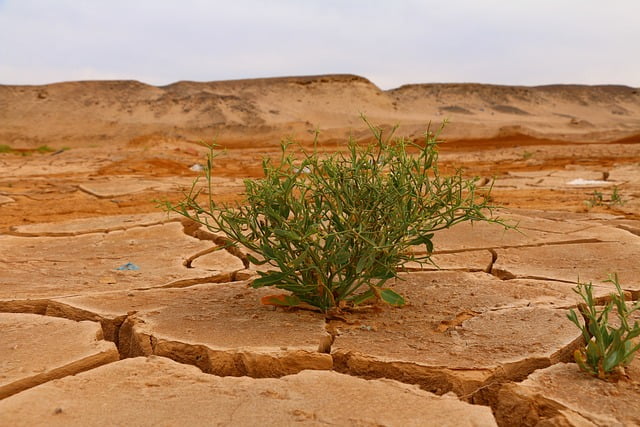
Small-scale farmers, particularly in developing countries, are particularly vulnerable to these changes, as they often lack the resources and adaptive capacity to cope with the challenges posed by climate change. Food insecurity and malnutrition could increase in vulnerable regions, exacerbating existing social and economic inequalities.
Disruption of Water Resources
Changes in precipitation patterns, including increased rainfall intensity and altered timing of seasonal rainfall, can disrupt water availability in many regions. Some areas may experience more frequent and severe droughts, while others may face an increased risk of flooding.
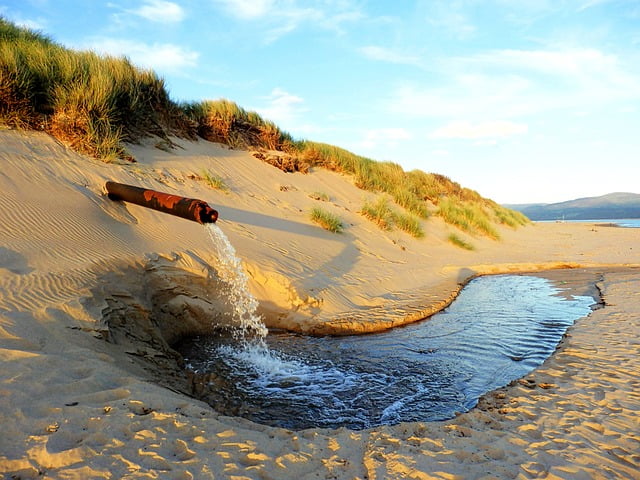
Melting glaciers and reduced snowpack in mountainous regions can also impact downstream water supply, affecting both human communities and ecosystems dependent on reliable water resources. Competition for limited water resources could escalate conflicts and geopolitical tensions in water-stressed regions.
Health Impacts
Climate change can have significant implications for human health. Rising temperatures and heat waves can lead to heat-related illnesses and deaths. Changes in precipitation patterns and extreme weather events can cause injuries, spread waterborne diseases, and facilitate the transmission of vector-borne diseases.
Read More: Most Beautiful Lakes Of The Himalayan Mountain Range
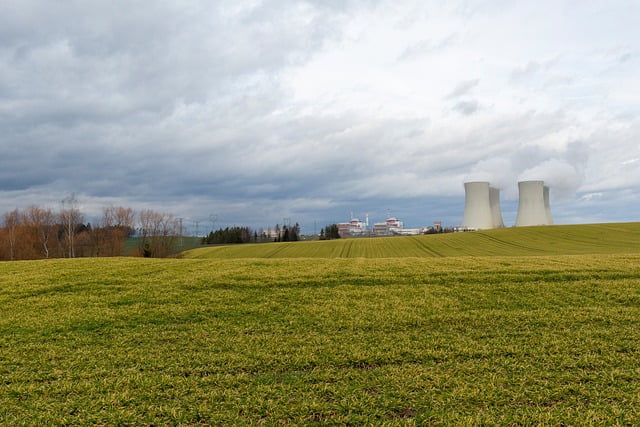
Additionally, air pollution can worsen in warmer conditions, leading to respiratory and cardiovascular problems. People with pre-existing health problems face increased vulnerability to adverse health impacts as a result of climate change.
Social and Economic Implications
The ramifications of climate change extend far beyond the environment and ecosystems. Disruptions in agriculture, water resources, and natural disasters can result in economic losses and increased costs for disaster response and recovery. Businesses and industries reliant on stable climatic conditions may face uncertainties and financial risks.
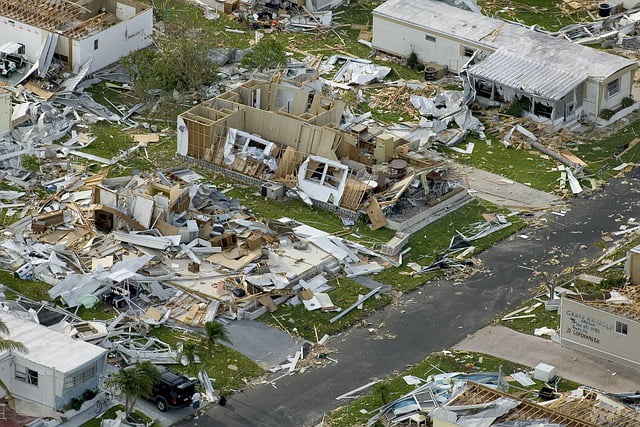
Climate-induced migrations and displacements can strain social systems and lead to human rights issues, as communities may struggle to find secure and stable living conditions. Additionally, the unequal distribution of climate change impacts can exacerbate social inequalities and exacerbate poverty and social unrest.




